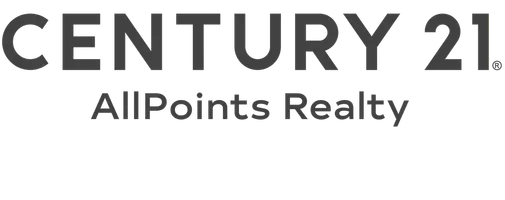Understand Your Loan Options

As a potential home buyer, understanding your loan options is a crucial step in the process. A mortgage is a significant financial commitment, and not all loans are created equal. Knowing the types of loans available to you can help you make the best decision for your unique situation. In this blog, I will discuss four common loan types: conventional loans, FHA loans, VA loans, and USDA loans.
Conventional Loans:
Conventional loans are the most common type of mortgage. They are not backed by the government and typically require a higher credit score and a larger down payment than other loan types. The down payment requirement can vary, but it is generally around 20% of the purchase price. If you can put down at least 20%, you can avoid paying private mortgage insurance (PMI), which can add significantly to your monthly mortgage payment. Conventional loans are a good option if you have a solid credit history and can afford the larger down payment.
FHA Loans:
FHA loans are backed by the Federal Housing Administration and are a popular option for first-time homebuyers or those with a lower credit score. They require a down payment of at least 3.5% of the purchase price and allow for a lower credit score than conventional loans. However, FHA loans require mortgage insurance premiums (MIP) for the life of the loan, which can increase your overall monthly payment. FHA loans may be a good option if you have a lower credit score or a smaller down payment.
VA Loans:
VA loans are available to active-duty military members, veterans, and surviving spouses. They are backed by the Department of Veterans Affairs and offer 100% financing, meaning no down payment is required. VA loans also have no minimum credit score requirement, although individual lenders may have their own guidelines. VA loans can be a great option for those who qualify, as they offer competitive interest rates and no down payment.
USDA Loans:
USDA loans are backed by the US Department of Agriculture and are designed for those looking to purchase a home in rural or suburban areas. They offer 100% financing, meaning no down payment is required. USDA loans also have no minimum credit score requirement, although individual lenders may have their own guidelines. However, there are income limits for USDA loans, so they may not be available to everyone. If you are looking to purchase a home in a rural or suburban area, a USDA loan may be a good option for you.
In conclusion, understanding your loan options is essential when it comes to buying a home. Each loan type has its own requirements and benefits, and it is essential to choose the loan that is best for your unique situation. Whether you are considering a conventional loan, FHA loan, VA loan, or USDA loan, it is important to do your research and work with a lender who can guide you through the process. By understanding your loan options, you can make an informed decision and find the mortgage that meets your needs.
Categories
- All Blogs 342
- 55+ Communities 9
- Boating Communities 9
- First Time Home Buyer 112
- Florida Lifestyle 67
- Foreclosures 2
- Fun Things to do in Lee County, Florida 37
- Golf Communities 23
- Home Buyer Tips 127
- Home Seller Tips 103
- Homeowner Tips 61
- Mortgage Tips 38
- Neighborhoods 63
- Schools 3
- Title & Escrow 3
- Title Insurance 4
Recent Posts
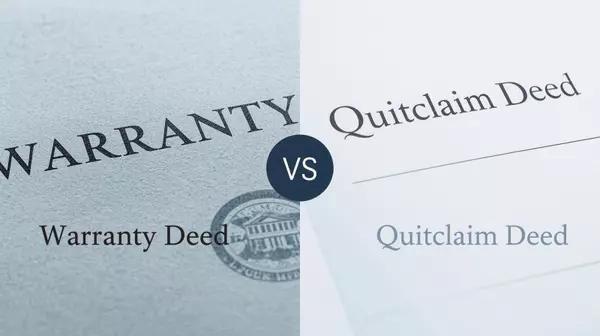

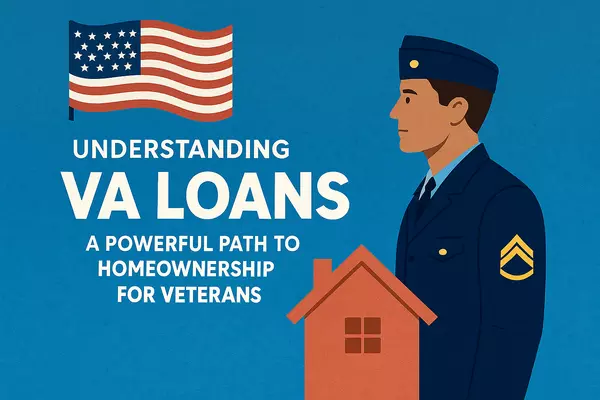

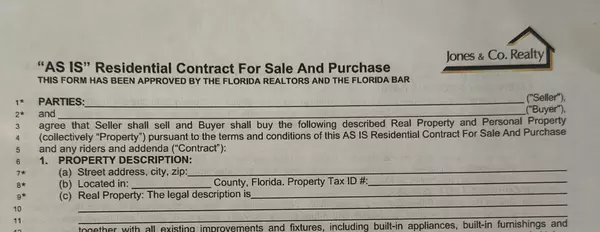


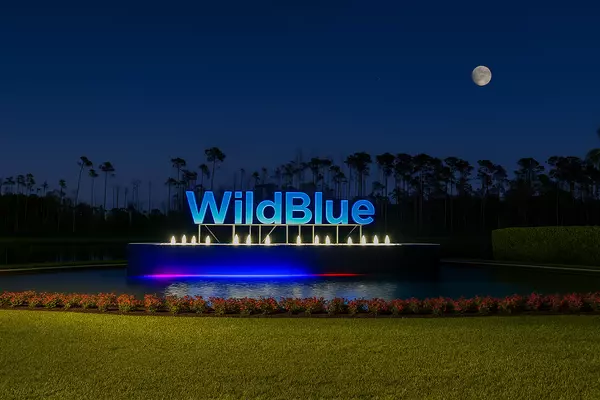


GET MORE INFORMATION

Billee Silva, PA, ABR SRS
Licensed Realtor | License ID: P3275278
Licensed Realtor License ID: P3275278
